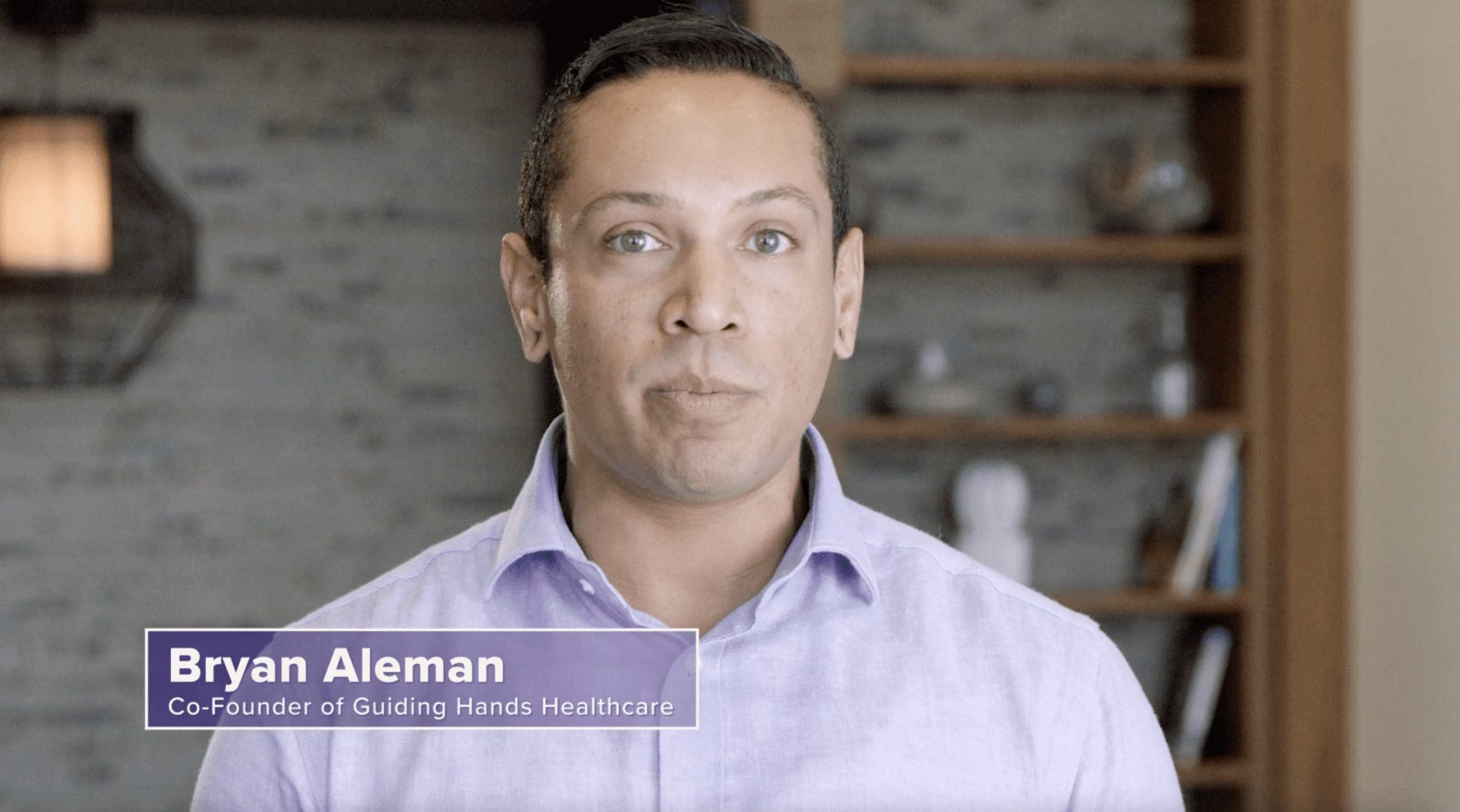Addiction & Recovery
Recovering from addiction isn’t an immediate process. It demands time to deal with withdrawal symptoms and overcoming the urge to use. Relapse means returning to use after you’ve been sober for a while. It is a continuous threat when you are trying to stay sober. The National Institute on Drug Abuse estimates that 40-70% of people who were once addicted to drugs will eventually relapse. At Guiding Hands Healthcare, we help clients stay informed of the stages of relapse and help them create a plan to prevent them from using their drug of choice again.
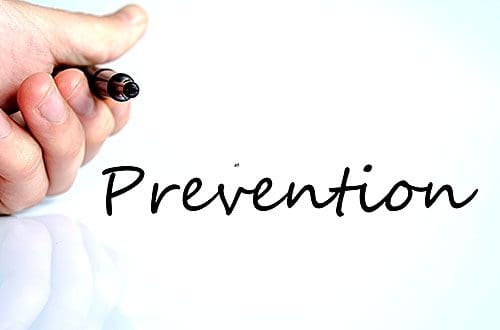
Relapse Prevention – After-treatment Planning and Programming
Recovering from mental health challenges or drug or alcohol addiction isn’t a quick process. It takes time to get over a dependence, deal with withdrawal symptoms, and overcome the urge to use. Relapse means going back to using after you’ve been abstinent for some time. It’s an ever-present threat when you’re trying to recover. The National Institute on Drug Abuse estimates that 40 to 60 percent of people who were once addicted to drugs will eventually relapse. Being aware of the stages of relapse and having a plan to deal with them can help prevent you from using again.
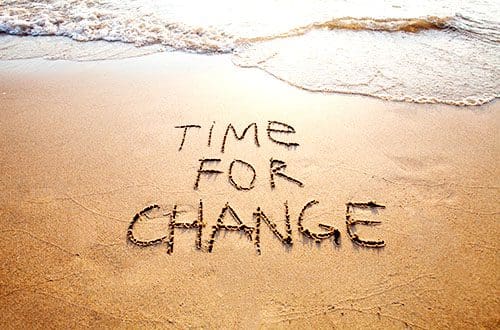
Often, we see change as something to fear or dread instead of an opportunity for a new adventure to improve. Our Team at Guiding Hands Healthcare helps guide you to experience change as a fun new life adventure rather than something negative. Additionally, we help clients evolve and grow—giving them the chance to be optimistic about their ability to adapt.
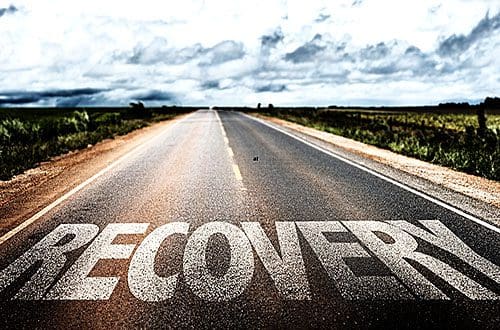
Through the 12 Steps, people learn how to cope with addiction, avoid triggers, and live sober lives. Support-group members admit their powerlessness over addiction, examine past mistakes, and make amends with those they’ve wronged. The 12 Steps was originated by Alcoholics Anonymous, and it is the spiritual foundation for personal recovery from the effects of alcoholism, not only for the alcoholic, but also for friends and family in Al-Anon Family Groups. Many members of 12 Step recovery programs have found that these steps were not merely a way to stop drinking—they became a guide toward a new way of life. In this group, clients learn to find new coping skills toward finding a new way of living, while creating a lifestyle built to last.

For many years, AA and NA were the main self-help groups available for people seeking mental health and addiction treatment. However, not everyone was comfortable with the use of God, higher power, or spiritual principles in those groups. SMART (Self-Management and Recovery Training) is a group-based addiction recovery model. It is designed to help clients who are uncomfortable with the AA and NA approaches. Using the latest scientifically based treatments to overcome addiction, We at Guiding Hands Healthcare use the SMART Model for clients dealing with any type of addiction, including drugs, alcohol, gambling, overeating, sex addiction, or compulsive spending.
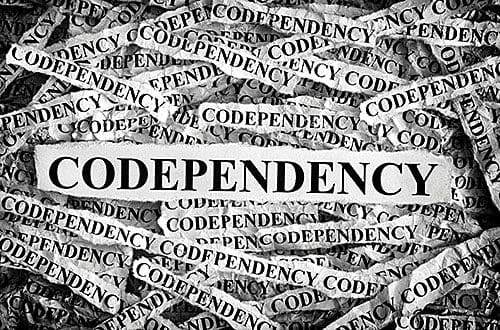
If we have been taught to ignore our own personal needs and instead concentrate on meeting others’ needs, there is a good chance that we have developed at least some codependent traits. Codependents often struggle to recognize their self-worth unless receiving constant affection and love from other people. This desperate need for reassurance and love often leads codependents to relinquish their own identity and have weak boundaries in relationships. Fortunately, addressing codependency and lack of boundaries may be of great help, as we learn how to set healthy boundaries and love ourselves without needing others for reassurance.

A healthy relationship — most importantly — a loving relationship is full of happiness and joy. Humans are designed to interact with others pleasantly and beneficially, although this isn’t always the case. But, unfortunately, we sometimes let the wrong people into our life, and our relationship with them isn’t always nice, healthy, or enlightening, and it’s rarely fruitful. At Guiding Hand Healthcare, we help you navigate what healthy relationships are and what they are not. We do this by giving the clients tools to help set boundaries in relationships, whether intimate or personal because in relationships, we teach people how to treat us.
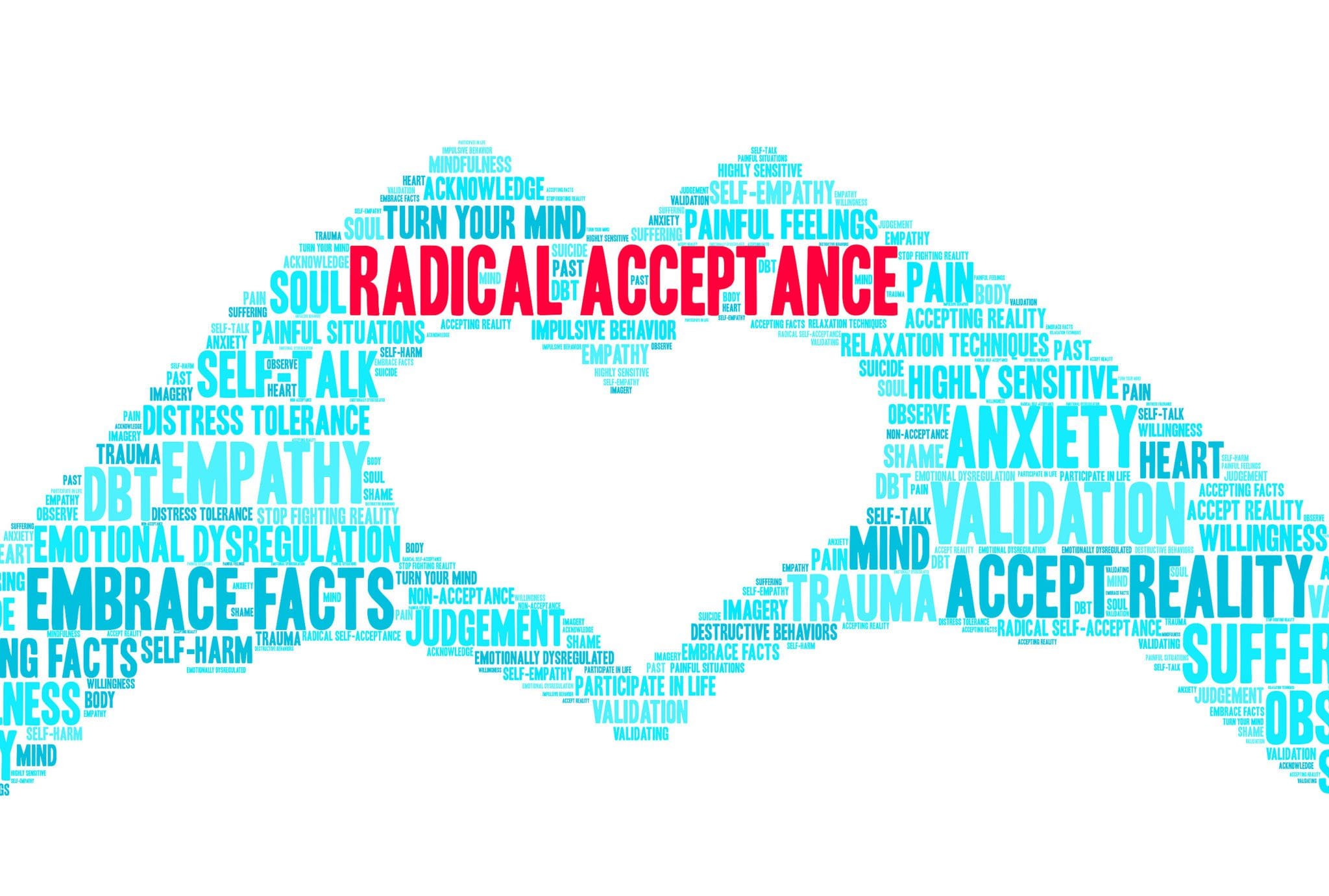
Suffering happens when we refuse to accept pain. Radical acceptance means accepting everything about yourself, your current situation, and your life without question, blame, or pushback, because, while pain is inevitable in life, suffering is optional. This is because fighting against something often makes it worse; We at Guiding hands Healthcare believe that accepting yourself, your situation, and your mental health status can help alleviate pain and suffering by creating a supportive environment that allows clients to thrive and grow.
